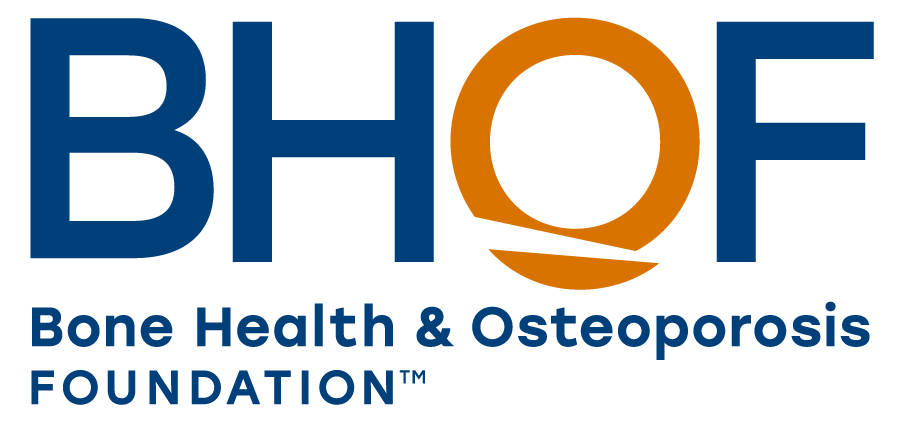“What’s the best calcium supplement?” That’s a common question we hear from consumers, and we answer with an old adage: “The best calcium supplement is the one you’ll actually take.”
The key is getting your daily recommended amount of calcium, preferably from food sources.
|
Life stage group |
RDA (mg/day) |
Do Not Exceed (mg/day) |
|
19-50 years old |
1,000 |
2,500 |
|
Men: 51-70 years old |
1,000 |
2,000 |
|
Women: 51-70 years old |
1,200 |
2,000 |
|
71+ years old |
1,200 |
2,000 |
Be sure to use supplements only to make up for what you’re not getting in your diet. Thus, the amount of supplement you’ll take may vary from day to day. More is not better when it comes to calcium, particularly if you’re getting more from supplements than you need.

Remember to take a vitamin D supplement or a calcium supplement that also contains vitamin D. Vitamin D is the key that unlocks your body’s ability to absorb and use calcium, but it’s difficult to get all you need from your diet alone. Most of us, particularly those who live in northern latitudes, also don’t get enough sunshine year-round to provide the vitamin D we need.
There are a lot of pricey calcium supplements on the market that claim that they’re better than basic or generic products, but the evidence is thin to support the difference in cost. Name-brand supplements can cost as much as $1.50 per day, while generic calcium carbonate with vitamin D costs only about 10 cents a day.
You should avoid supplements that contain strontium. This heavy mineral takes the place of calcium in the bones and can falsely elevate bone density results.
WHAT YOU NEED TO KNOW
The most common types of calcium supplements are calcium carbonate and calcium citrate.
- Calcium carbonate may be less expensive. It requires the acid in your stomach to break it down, so be sure to take it with food.
- Calcium citrate is absorbed more easily and can be taken with or without food. It is generally more expensive.
- Check with your doctor or pharmacist to find out if calcium supplements might interact with other medicines you’re taking, such as antibiotics, bisphosphonates, or high blood pressure medications.
Be sure to read the label to find the amount of calcium per tablet. This will help you determine how many tablets you need to achieve your daily dose. If a food label says “% daily value,” that assumes 100% equals 1,000 mg/day. Many people only need one 500 mg supplement a day.
TIPS FOR TAKING CALCIUM
- Avoid constipation when taking calcium supplements by getting plenty of water. A calcium supplement that includes magnesium can help prevent this side effect.
- Consider chewables that may be more convenient for children and older adults. In fact, many common antacids also contain calcium.
- Watch for vitamin K contained in some chewable products if you are taking blood thinners.
- Avoid taking calcium with high-fiber meals or with bulk-forming laxatives. The fiber can bind with the calcium and reduce the amount available for your body to use.
- Take small amounts of calcium throughout the day, no more than 500-600 mg of elemental calcium at once. This may mean you need to take supplements two or three times during the day.
- Cut the tablet in two. This will make it easier to swallow and give you half the amount on the label.
- Avoid taking calcium and iron supplements at the same time because they interfere with each other’s absorption.
- Avoid taking calcium supplements and thyroid medicine at the same time.
FIND CALCIUM IN YOUR FOODS
Read the labels on your foods, and seek out calcium-rich foods that have 200 mg or more calcium per serving. Some bottled mineral water products also are high in calcium.
Reviewed: 07/02/19
As a service to our readers, American Bone Health provides access to our library of archived content. Please note the date of the last review on all articles. No content on this site, regardless of date, should ever be used as a substitute for direct medical advice from your doctor or other qualified clinician
